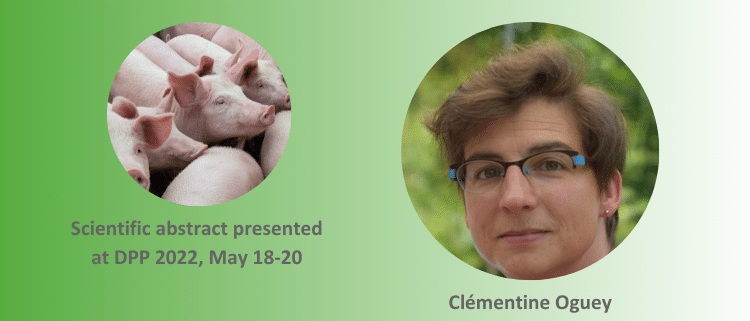Meta-analysis of the effects of Pichia guilliermondii in sows
Meta-analysis of the effects of inactivated Pichia guiliermondii yeast fed to sows on progeny performance before and after weaning.
Abstract
By Oguey, C., Thayer, M., Jones, D. and Samson, A.
A meta-analysis was carried out to determine whether feeding an inactivated Pichia guilliermondii yeast (Pg) to sows during gestation and lactation had the potential to consistently affect sow reproductive performance and performance of progeny from birth through the post-weaning period. Experiments included were randomized trials reporting side by side comparisons of an appropriate control with inclusion of Pg. Mixed model (Trial as random and Treatment as fixed effects) and Hedges’ g effect size (ES) calculations were used. After systematic review and exclusion phase, analysis included 8 trials for reproductive performance at birth and until weaning (1446 sows), as well as for progeny performance after weaning (2452 piglets). Sensitivity of results to individual trials was evaluated. Publication bias was assessed by creation of funnel plots and by performing Begg’s test. In case of publication bias, the Trim and Fill method was used. Pg dose ranged from 1 to 2 kg/t and did not influence the effect of the product on the outcomes. Overall, Pg increased number of piglets born alive per sow (+3.5%, P(ES) < 0.01), and did not influence survival during suckling (P(ES) = 0.89), resulting in more piglets weaned per sow (+3.0%, P(ES) < 0.01). When Pg was fed to sows during gestation and lactation, a carryover effect was observed for progeny after weaning (mean weight of 6.1 kg and age of 20.5 days at weaning). Piglets born from Pg supplemented sows had higher survival rate (+2.3%, P(ES) = 0.06), weight gain (+5.7%, P(ES) = 0.04), and numerically better FCR (-3.0%, P(ES) < 0.11) through the post-weaning phase (mean duration: 34.4 days). This carry-over effect may be related to fetal immune programming properties during gestation. Feeding Pg to sows during gestation and lactation can represent a nutritional tool to consistently improve sow reproductive performance, and pig performance after weaning.
About the presenter
Clementine Ogue, Msc., New solutions & Sustainability Manager, ADM Animal Nutrition
Following graduation with a Master degree in Agrofood and Health from French Engineering school ISAB (now called UniLasalle), Clementine Ogue joined Pancosma and the feed additives’ business 15 years ago. After having worked in applied research, technical product management & expertise, and business development for all products of the company portfolio. Clementine then worked for 4 years in a position of EMEA Technical Manager for Feed Additives Business Unit of ADM. Since the beginning of 2022, she joined the Business Development team as New Solutions and Sustainability manager of Feed Additives, in ADM Animal Nutrition.




